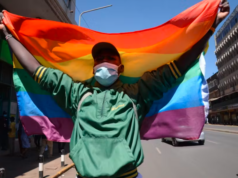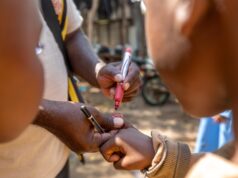The government has turned its attention to learning institutions over a perceived increase of insecurity in and around the facilities.
This follows reports of deaths involving students at various high-learning institutions.
As part of efforts to address the issue, the government has called a meeting with learning institutions across the country to discuss how to mitigate the menace.
In a letter sent to all security managers of universities and tertiary institutions, Private Security Regulatory Authority CEO Fazul Mahamed requested that they (public and private) attend a meeting to ensure that they are safe and secure.
“Given the foregoing, the government has commenced mandatory nationwide security vetting, training, and licensing of all in-house security officers employed by institutions of higher learning, contracted private security officers, and all officers offering security services, be they employed by the said institutions or otherwise engaged as private security service providers,” he said in a notice.
He said the authority has organized a sensitization forum to be held at the Kenya School of Government on February 22.
The PSRA boss said they want to discuss and agree on how to address these challenges.
“We can find a solution to ensure the safety of our children. It could be a problem to do with the guards or the children,” he said.
The PSRA has introduced plans to make it compulsory for employers of its nearly one million members who are security guards to earn the minimum wage gazetted by the government.
The regulations also require all guards to have a Guard Force Number.
The GFN is the only proof that a private security guard has been duly registered.
The authority has cautioned that any person who “hires, employs or otherwise engages security officers who are not security vetted, duly trained, registered and licensed by the authority; commits an offence and shall be liable to both such fine and imprisonment.”
Last week, PSRA cancelled the certificates of registration and licenses of nine private security companies over non-compliance.
In a gazette notice dated January 5, 2024, Mahamed said the blacklisted companies had breached four regulations as guided in the Private Security Regulation Act No. 13 of 2016.
Mahamed said the nine have been found to have breached the provisions of the aforesaid Act and also violated the terms and conditions attached to their certificates of registration as corporate private security service providers.
These are part of measures aimed at streamlining the industry at large amid resistance.


















